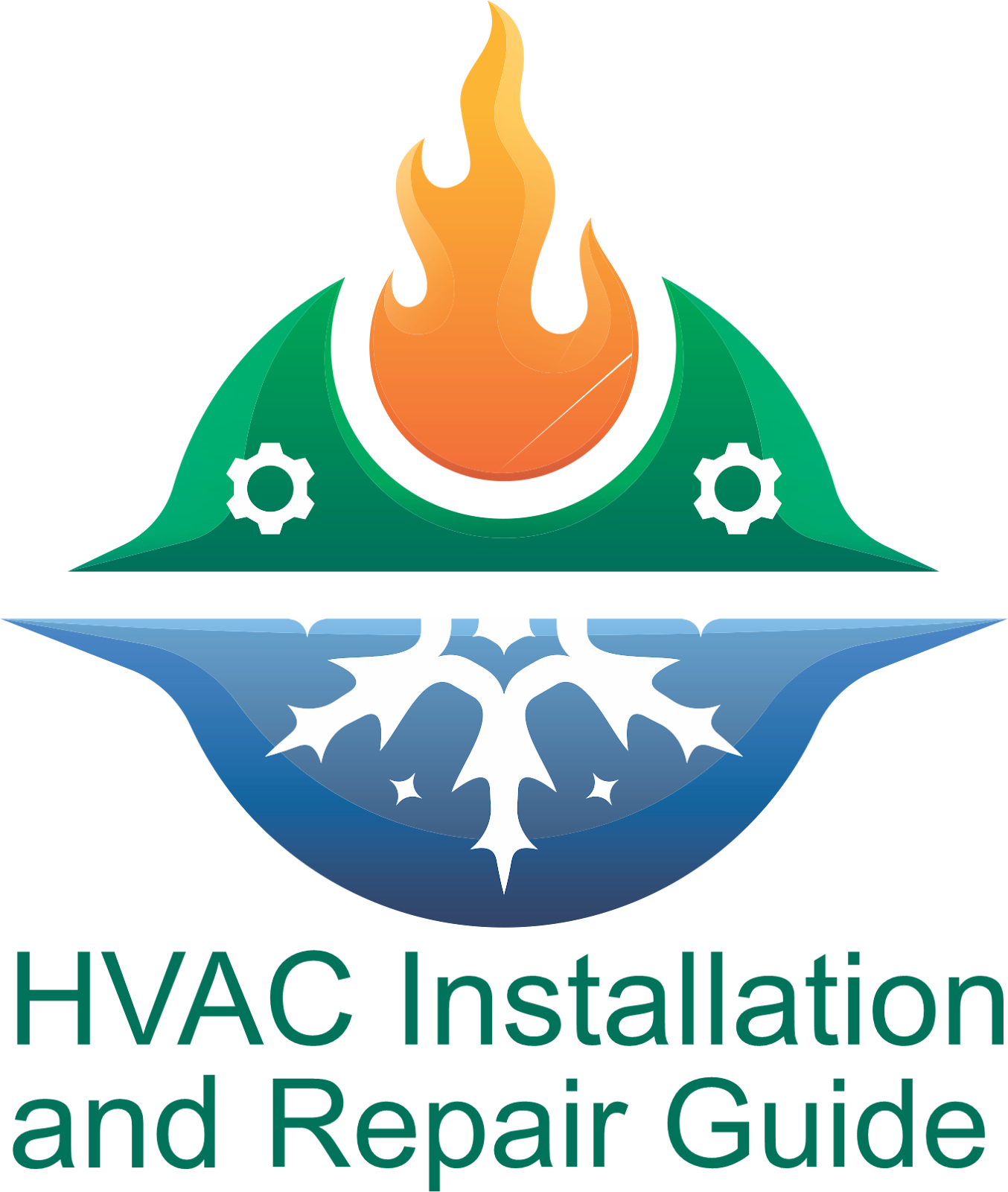How Much Do HVAC Installers Make?
One of the main concerns when thinking about a career in HVAC (Heating, Ventilation, and Air Conditioning) is frequently money. Installers of HVAC systems are essential to guaranteeing dependable and effective climate control systems in residences and commercial buildings. This article will examine the variables that affect HVAC installation pay, typical incomes, and job opportunities in this crucial sector.
1. Compensation Overview for HVAC Installers
Many variables, such as an HVAC installer's employer type, experience level, location, and particular tasks performed, can affect their pay considerably. Let's examine these impacting aspects in more detail:
- Geographic Location: Salaries can differ significantly depending on the state and city in which the installer works. For example, HVAC installers frequently make more money in cities or other areas with strong service demand.
- Experience Level: Like in many other trades, experience is a big factor in pay. Installers at the entry level usually make less money than those with years of experience or specialized training.
- Employer Type: The pay of installers employed by large HVAC companies or contractors may differ from that of installers employed by smaller organizations or independent contractors.
- Specialization: Installers who are knowledgeable about particular system types—such as commercial HVAC or high-efficiency systems—can get paid more.
2. Average Income
As of May 2022, the median yearly salary for HVAC installers and mechanics was roughly $50,590, according to the U.S. Bureau of Labor Statistics (BLS). However, the reasons above may cause this median wage to change. The average salary breakdown is as follows:
- Entry-Level Installers: Installers at the entry level often make between $30,000 and $40,000 a year.
- Mid-Level Installers: These workers have three to five years of experience and are typically paid between $40,000 and $60,000.
- Expert Installers: Those with over five years of experience or specific training can make up to $75,000 or more.
- Highest Paid: Expert installers can make up to $80,000 a year, especially if they work in high-demand locations or have advanced credentials.
3. Factors Influencing Wages
The following important elements determine the potential earnings of an HVAC installer:
- Education and Training: Obtaining formal training through community colleges, technical schools, or apprenticeships can offer a strong foundation as well as higher starting earnings.
- Certifications: Earning certifications from organizations like the Environmental Protection Agency (EPA) or NATE (North American Technician Excellence) can improve employment opportunities and increase salary.
- Union Membership: Compared to non-union workers, HVAC installers who are members of a union may be eligible for better pay, benefits, and job security.
- Economic Situation: The status of the economy and the construction sector might impact the demand for HVAC services and, subsequently, pay.
4. Professional Opportunities and Development
Growth in the HVAC sector is anticipated to be consistent, propelled by factors like rising construction activity, the demand for energy-efficient systems, and improvements in HVAC technology. According to BLS projections, between 2022 and 2032, employment for HVAC mechanics and installers is expected to expand by 4%, or roughly as fast as the average for all occupations.
5. Advice for Raising Profits
The following tactics should be taken into consideration by HVAC installers hoping to increase their income:
- Continual Education: Continue your education and training to stay current on the newest HVAC methods and technologies.
- Specialization: Gain knowledge in fields that are in great demand, like refrigeration, commercial HVAC systems, and green technology.
- Certifications: To prove your abilities and expertise, get certificates accepted by the business.
- Networking: Create a professional network inside the sector to find out about employment openings and career progressions.
Conclusion
Numerous factors, such as geography, experience, education, and industry demand, might affect an HVAC installer's pay. However, there are many options for job growth and increased compensation through specialization, certification, and ongoing education, even if entry-level positions may start at lower rates. The chances of people entering this vital trade are growing along with the demand for qualified HVAC specialists.
If you're considering becoming an HVAC installer, investing in high-quality training and certifications can put you on the road to a fulfilling and well-paying job.

